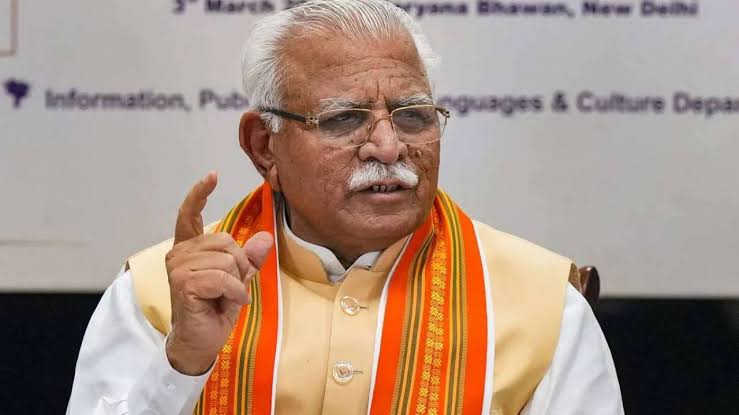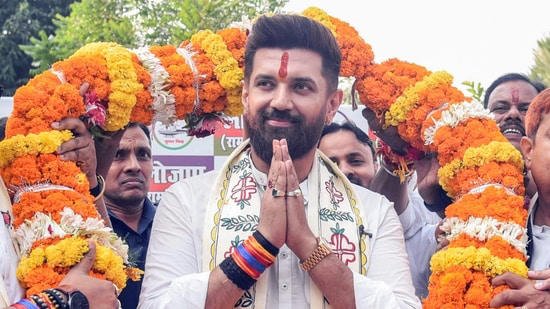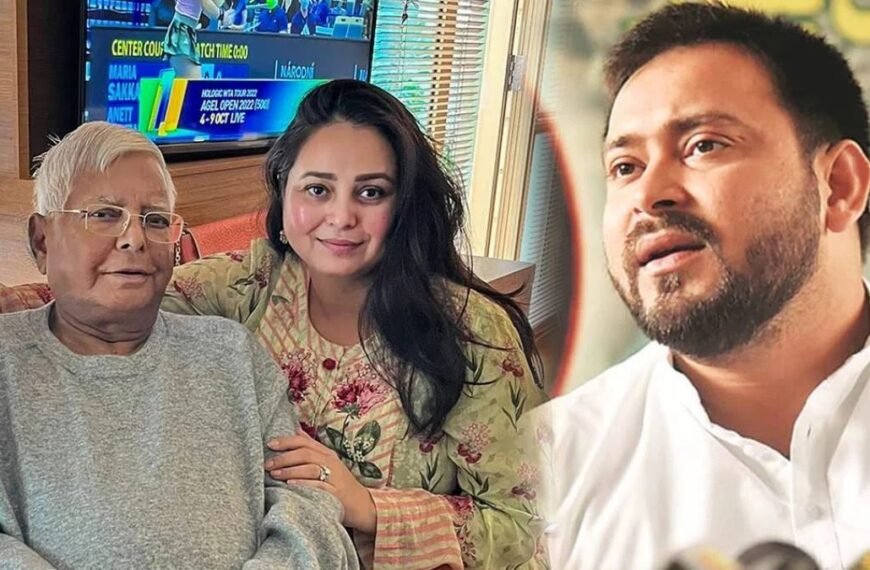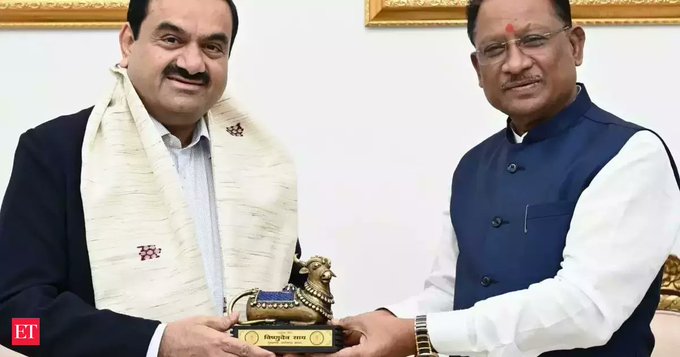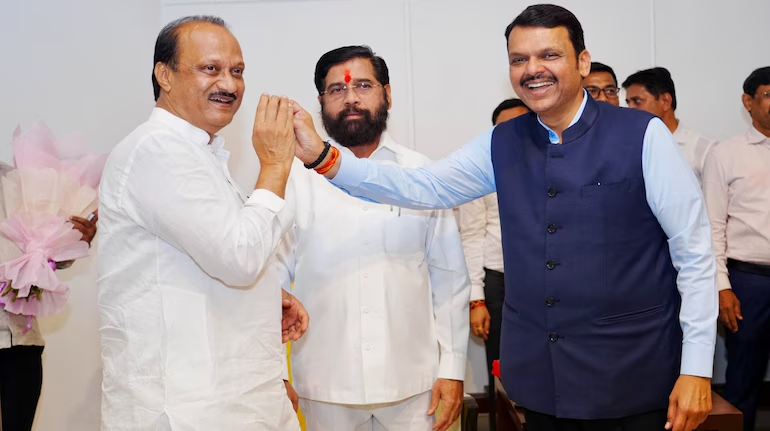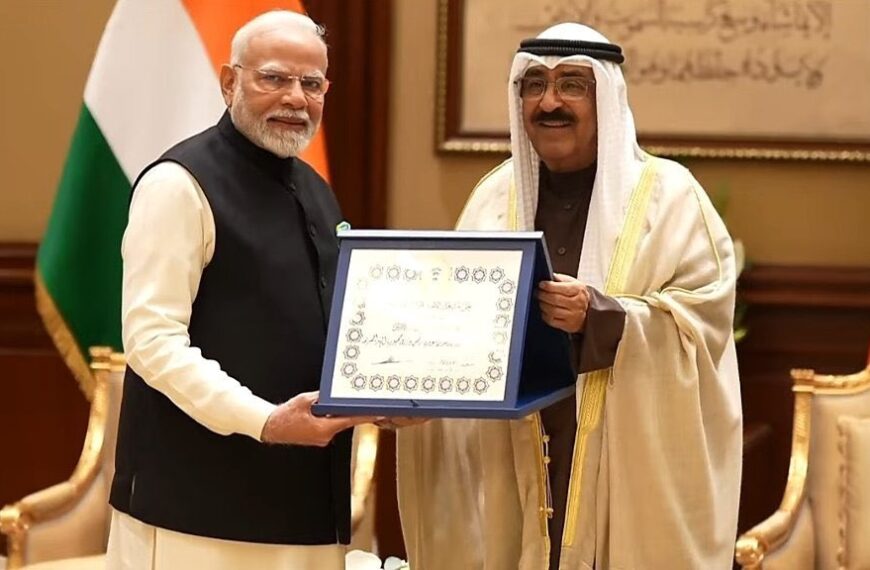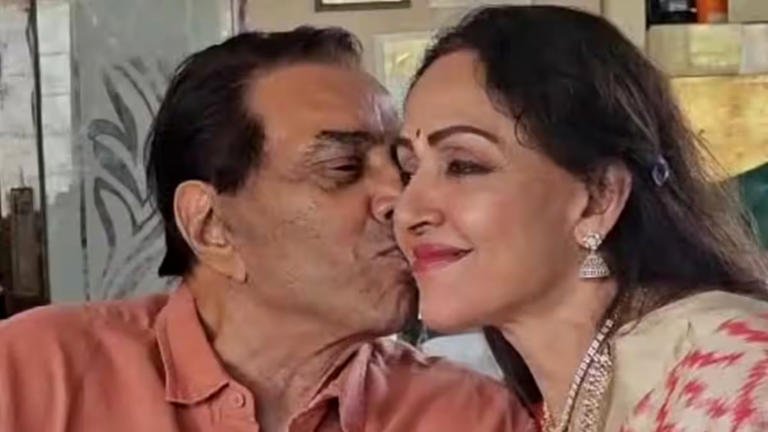Image Source: X
Senior BJP leader and Haryana Chief Minister Manohar Lal Khattar’s recent remark calling Jawaharlal Nehru an “accidental Prime Minister” has ignited a fresh political controversy. Speaking at an event at Maharshi Dayanand University in Rohtak, Khattar stated, “Pandit Jawaharlal Nehru became a prime minister by accident. In his place, someone who deserved it (to become India’s first PM) was Sardar Vallabhbhai Patel and Dr BR Ambedkar.”
Congress Hits Back
The statement drew sharp criticism from Congress leaders, including former Haryana Chief Minister Bhupinder Singh Hooda, who dismissed Khattar’s remarks as baseless. “He himself became an accidental chief minister and that’s why he is talking like this,” Hooda retorted.
Hooda also criticized the BJP-led Haryana government, accusing it of poor governance. “The BJP government has no achievements of its own. Despite being in power for 10 years, Haryana has reached the lowest level in terms of per capita income, per capita investment, and employment under BJP rule,” he said.
BJP’s Ongoing Criticism of Congress
Khattar’s remarks are part of a broader BJP narrative that accuses the Congress party of sidelining leaders like Sardar Vallabhbhai Patel and Dr BR Ambedkar. BJP leaders have frequently alleged that these prominent figures did not receive due recognition from the Congress during Nehru’s tenure as Prime Minister.
The controversy comes weeks after the death of former Prime Minister Manmohan Singh, which sparked another debate over whether a memorial should be built at his cremation site. BJP leaders have often pointed to such debates as examples of Congress’s alleged hypocrisy in honoring national figures selectively.
Historical Context
Jawaharlal Nehru, India’s first Prime Minister, was a central figure in the country’s independence movement and its early years as a republic. His appointment as PM was the result of a consensus among Congress leaders at the time, despite Sardar Vallabhbhai Patel being a strong contender. Mahatma Gandhi is believed to have played a key role in advocating for Nehru’s leadership, citing his broader appeal and vision for a modern, secular India.
Congress’s Defense of Nehru
Congress leaders have consistently defended Nehru’s legacy, emphasizing his role in laying the foundations of a democratic, secular, and progressive India. Bhupinder Singh Hooda’s sharp rebuttal to Khattar reflects the party’s continued commitment to upholding Nehru’s contributions.
Broader Implications
The ongoing war of words highlights the deep ideological divide between the BJP and Congress. For the BJP, criticizing Nehru has become a rhetorical tool to challenge the Congress party’s historical narrative and position itself as the champion of leaders like Patel and Ambedkar. For the Congress, defending Nehru’s legacy is central to its political identity.
Conclusion
Manohar Lal Khattar’s comment on Nehru has reignited a debate over the legacies of India’s founding leaders. While such remarks serve to energize political bases, they also underscore the need for a balanced understanding of history. As the BJP and Congress continue to spar over the past, the discourse surrounding India’s leaders remains a potent tool in contemporary politics.
